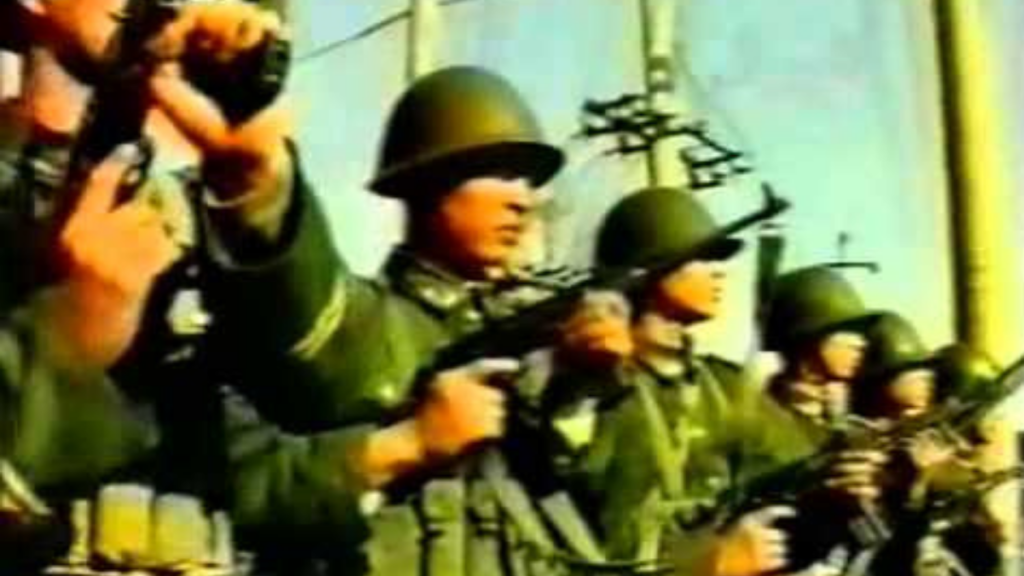UHRP remembers the 1997 Ghulja Massacre

For immediate release
February 4, 2021 8:00 pm EDT
Contact: +1.571.882.4825, +1.202.790.1795
On February 5th 1997, in the city of Ghulja, Chinese security forces opened fire on Uyghurs who were peacefully protesting a state crackdown on a burgeoning civil society movement. This movement was a grassroots effort to address social issues, as well as to encourage artistic performance and moral and religious principles through the Uyghur cultural practice of meshrep.
The initial violent crackdown was followed by mass arrests and abuse of hundreds of protestors, with the security forces detaining thousands in the subsequent weeks, and carrying out numerous executions in the following months.
The February 5 massacre marked the end of the limited cultural expression permissible in East Turkistan since the beginning of economic reform in China. In the decades since there has been a tightening of state control over Uyghur society, punctuated by further crackdowns and massacres. Today, the Uyghurs are facing an existential threat.
“The policies being carried out in the region are nothing less than an attempt at a ‘final solution’ to the CCP’s ‘Uyghur problem,’” said UHRP Director Omer Kanat in a statement. Through mass extrajudicial detentions of as many as a million people, and the implementation of a totalitarian system of control over the remainder featuring elimination of language and religious expression, ideological indoctrination, institution of a tech-enabled police state and forced labor regime, the Chinese government is attempting to eliminate Uyghurs as a distinct group.
This campaign of forced assimilation bears the elements of genocide: torture and killings of members of a group, and efforts to prevent births within the group and transfers of their children, aimed at bringing about its physical destruction in whole or in part as laid out by the 1948 UN Convention.
In commemorating the Ghulja massacre, we are reminded that the CCP’s current policies are not a sudden turn but instead an escalation of a long history of violent suppression of Uyghur culture and any social organization outside of the control of the state. The Chinese government is attempting to conceal its actions through an unconvincing yet disturbing pattern of coercing victims to enact normalcy, as part of an effort to convince the international community not to undertake policies responding to its atrocities in the region.
Governments around the world are developing policies addressing the forced labor regime, including Canada, the UK and Australia. The United States has labled the Chinese government’s actions genocide and has developed a legistative response as well as taking action through its executive branch. Such policies are long overdue; UHRP calls upon all nations to take action through diplomatic, humanitarian and other peaceful means.
